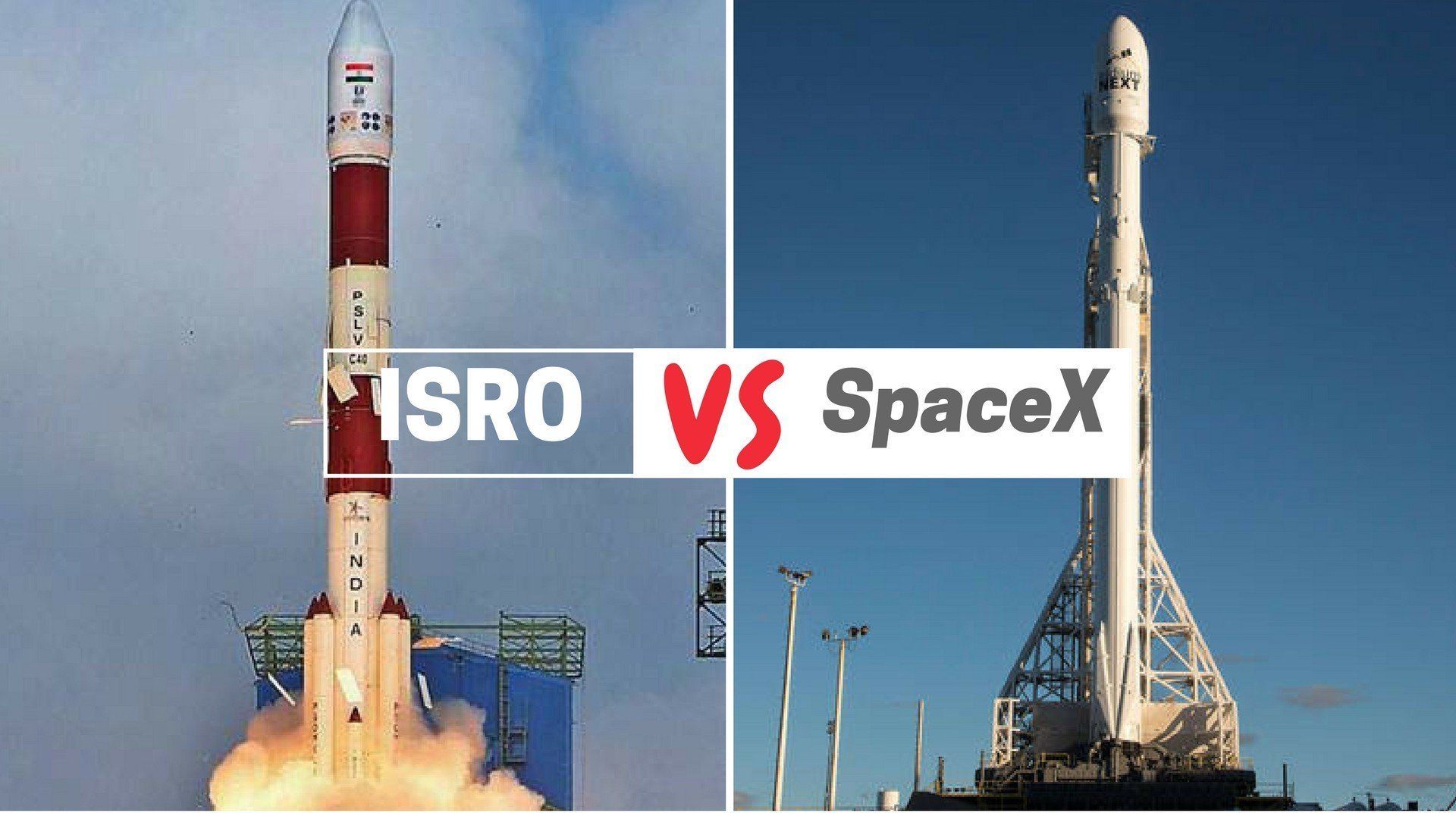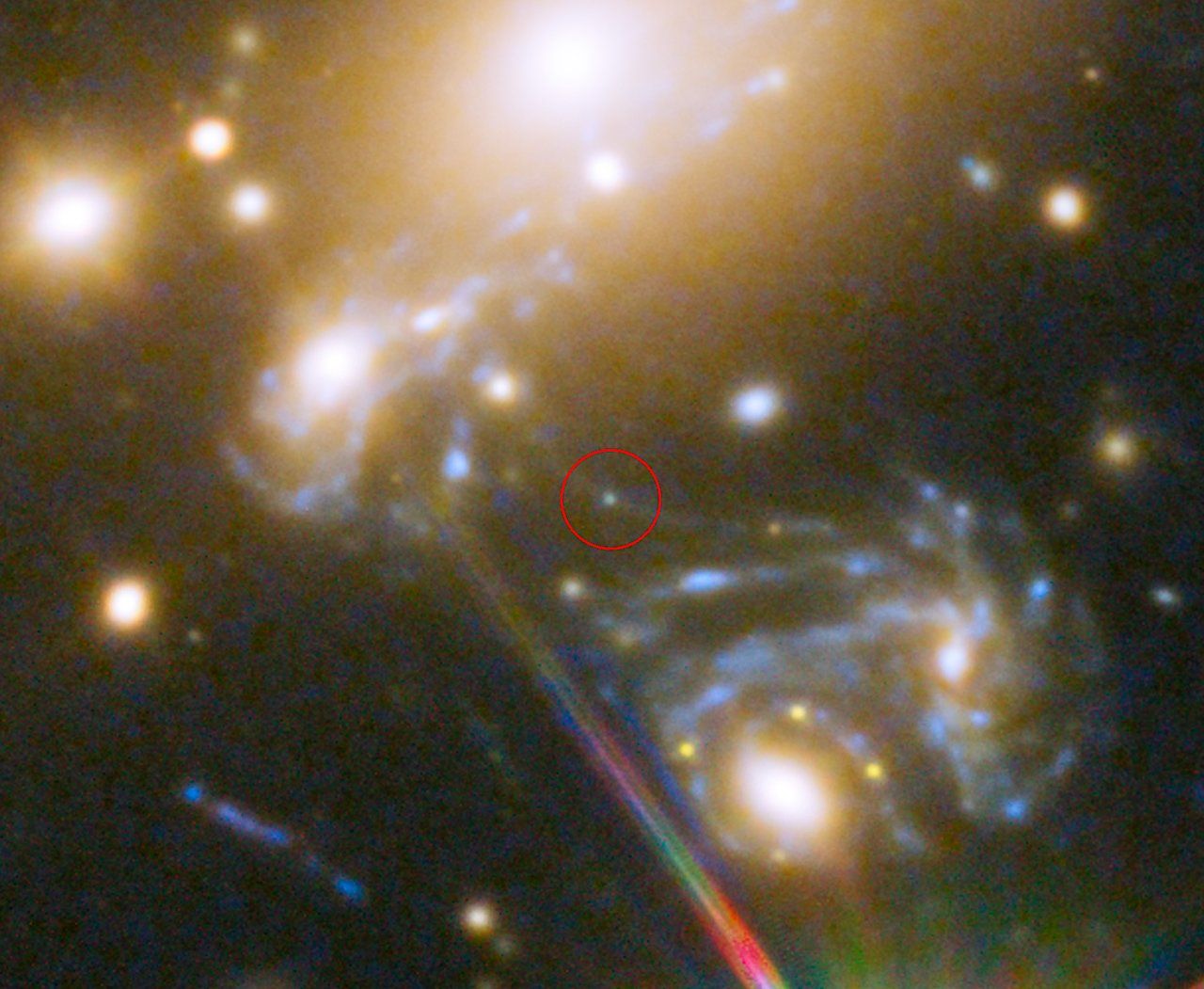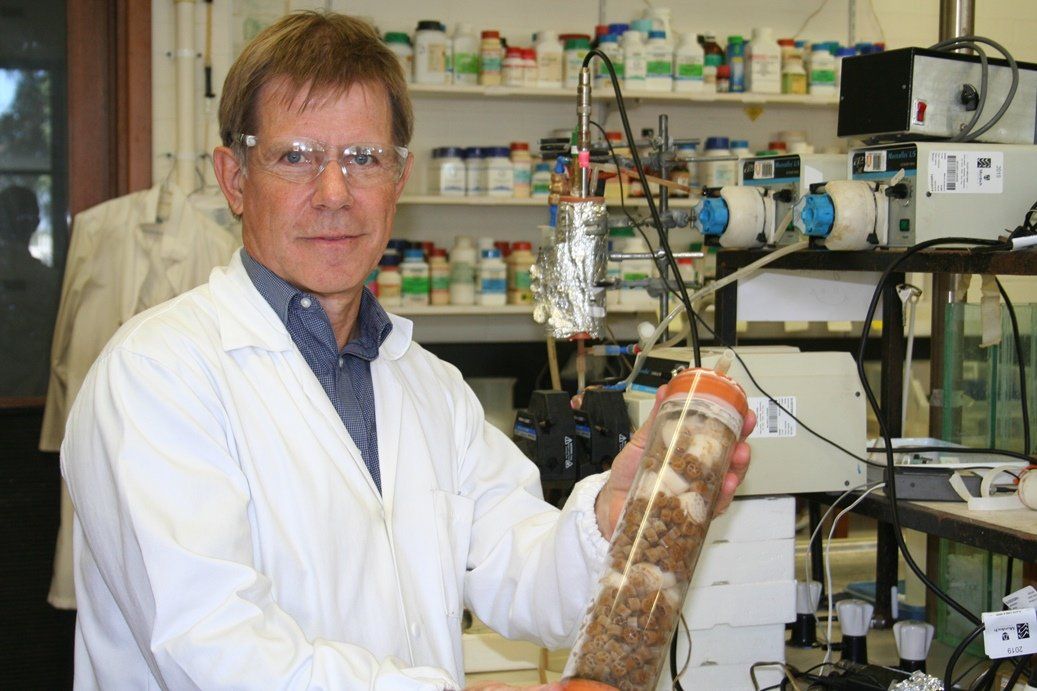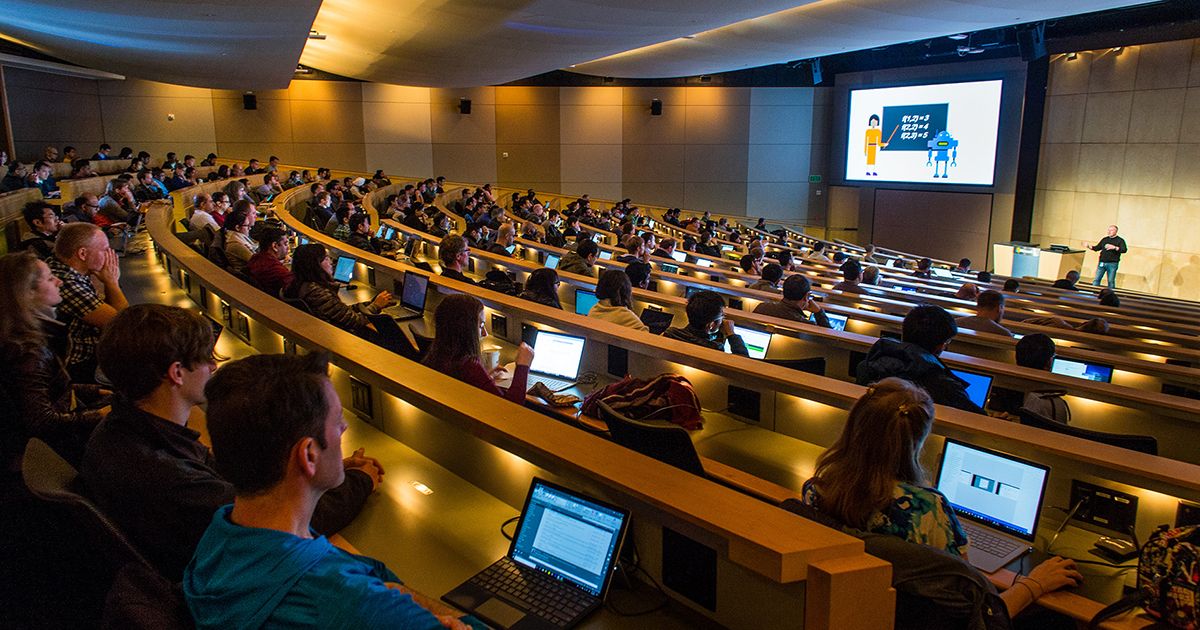India’s premier space agency Indian Space Research Organisation (ISRO) has built a reputation for launching rockets into space at very convenient prices. The consequent effect?
A lot of customers from around the world have come flocking to avail India’s economical rocket-launching services and this has helped the country make some extra bucks from its space exploration program.
However, it’s a pretty competitive space.










